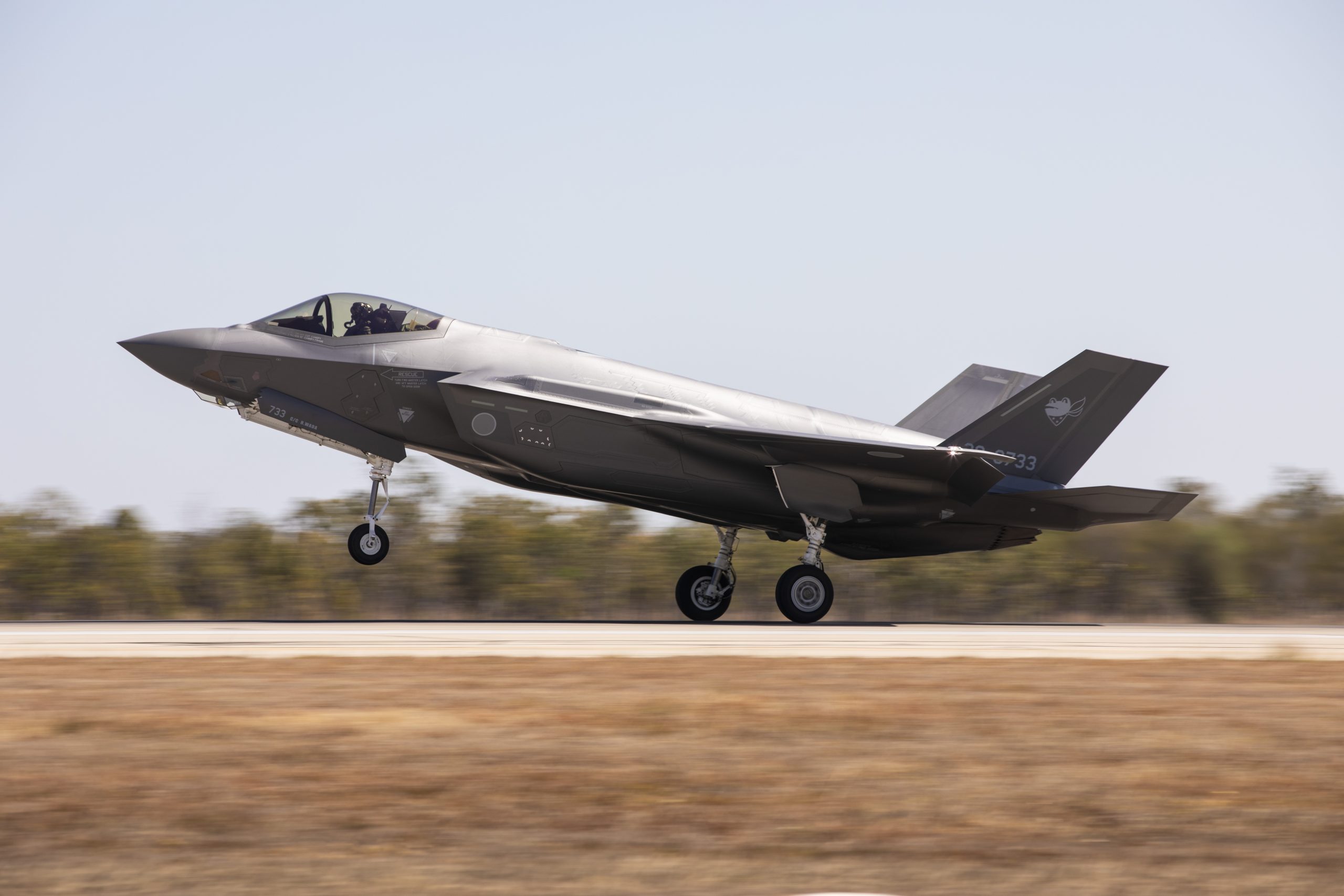
As Japan steps up military cooperation with the United States and Australia in an increasingly contested Indo-Pacific, the Northern Territory is becoming strategically more important.
From it, forces can reach into the Indian or Pacific oceans, including the South China Sea. Its location is also ideal for military units, including Japan’s and India’s, to meet and exercise with acceptable transit time.
For the Japanese and US militaries, northern Australia allows access to key Australian Defence Force bases, vast air, land and maritime training ranges, and essential logistic support and maintenance facilities. Importantly, the north has a history of hosting and supporting large multinational activities and exercises.
The Australian government recently announced an acceleration and expansion of funding for hardening existing bases and facilities in the territory, as well as developing new ones. In addition, the Australian and territory governments are embarking on an ambitious plan there to build a digital economy and associated infrastructure, all of which will be available to support military operations. This is aimed at promoting employment and economic growth and supporting resiliency and security across the north.
Japan is the first country to be formally considered for joining AUKUS Pillar 2, aimed at breakthrough technological advances apart from nuclear submarines. The move reflects the interest of Australia, Britain and the United States in tapping into Japan’s strong industrial and technological capacity. It also reflects Tokyo’s willingness to join more allied security arrangements amid worsening provocations by China and North Korea.
On 2 May, US, Japanese and Australian defence ministers signed a trilateral Research, Development, Test and Evaluation Projects Arrangement, reinforcing their technological cooperation.
Testing and evaluation may indeed be one area where the Northern Territory can benefit Japan, notably with the Royal Australian Air Force’s Delamere Air Weapons Range, comprising more than 2000 square kilometres south of Katherine. It’s far from strong sources of electromagnetic interference—and from foreign aircraft and ships that might loiter near the coast to pick up signals. The Australian Army’s Bradshaw Field Training Area, roughly the size of Belgium, offers multidomain training and exercising options and is frequently used in major exercises in the north.
In increasingly cooperating with the United States and Australia, Japan’s initial focus will be on development and sharing of advanced capabilities in such areas as hypersonics, anti-submarine warfare, cyberweapons, quantum computing and artificial intelligence. Military-technological cooperation with Britain will also deepen if Japan does begin to work in AUKUS Pillar 2.
Examples of Japan’s earlier achievements in defence technology include the Mitsubishi Heavy Industries F-2 fighter, the AAM-4B air-to-air missile and the Taigei submarine class with lithium-ion batteries.
Japan has made significant strides in space technology, which has both civilian and military applications. The Japan Aerospace Exploration Agency and innovative Japanese companies are further developing satellite-based intelligence and surveillance capabilities.
The Northern Territory has a proven space launch facility, the Arnhem Space Centre. The centre offers launches to equatorial orbits, among others, is in a remote area with almost no commercial overflight and importantly is supported by the local traditional owners. There is the potential to expand its use for hypersonic test and evaluation, including linking it to existing ADF areas.
Like all modern militaries, the ADF requires fast, secure data links connecting its naval, air and ground forces to each other and to allied forces, many of which are or will be based in the Northern Territory. Data sharing among Allies is critical for civil and military collaboration and for Australian-Japanese-US joint multi-domain defence. Japan and Australia will need to depend on each other’s data and its security during regional crises.
To help strengthen the defence ecosystem, the territory government is investing in and supporting a range of initiatives that will also be useful to the forces of Japan, the United States and others when operating in the Top End.
An example is the Inligo Networks ACC-1 project. This is a network of cable connections across the Indo-Pacific that bypass the congested cable network in the South China Sea. Key nodes will include Guam, continental United States, the Philippines, Japan, Indonesia and East Timor, all connected to a landing station in Darwin. This will be particularly important to militaries operating in the Northern Territory.
Connectivity is incomplete without storage capability. The government is working with data centre operator NEXTDC as it develops a flagship facility in Darwin to provide 100 percent uptime plus fast, secure and flexible access to major cloud platforms. This will be a first for the Top End and an invaluable asset to Australia’s nearby allies.
Other projects in the pipeline will provide much needed critical infrastructure in the territory to support and enable our military and those of our allies and partners, including Japan.

